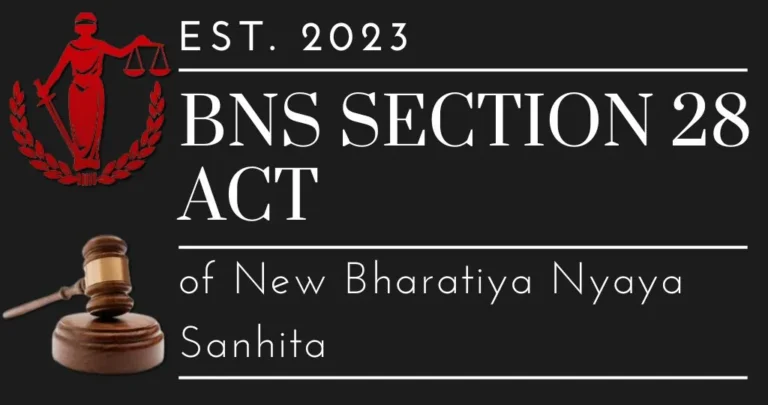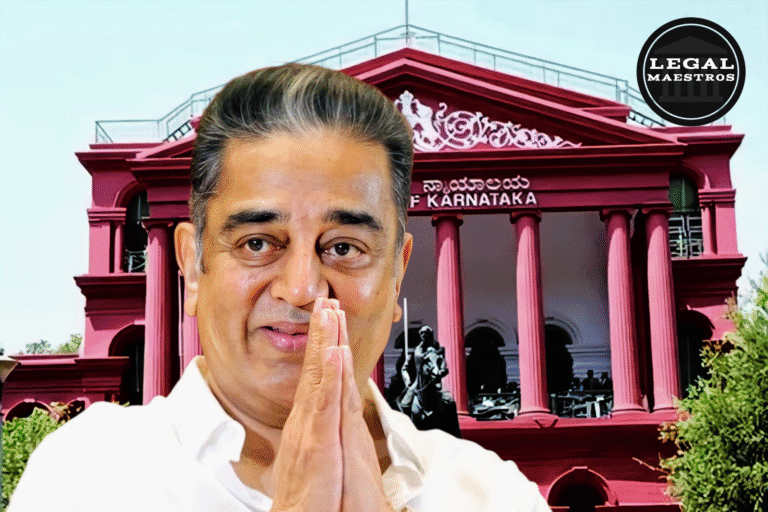
Section 14 and Section 15 Legal Safeguards in Bhartiya Nyaya Sanhita 2023
Act Done by a Person Bound by Law
Under Section 14 of the Bhartiya Nyaya Sanhita 2023, an act is not regarded as an offence where it is done by a person who is or who is reasonably believe to be bound by law. This exception is significant in that it acknowledges that under some situations, obeying the law is not only right but mandatory. For instance, take the case of a soldier being instructed by a commanding officer to shoot at a riot. The soldier, obeying both the military chain of command and the law, complies with the instruction in the best of faith. Even though the result is violent, the soldier is not in the wrong because he is bound by law to do as he is told. Likewise, a court officer who arrests the wrong individual by mistake when acting on a court order is also covered by this provision. The officer, after a diligent inquiry, had thought that the individual arrested was the one mentioned in the order. In both cases, the actors acted in accordance with a genuine belief that they were complying with the law, and their actions are therefore exempt from being classed as offences.
Legal commentators have said that this provision highlights the significance of good faith and trusting the chain of command and legal processes. It recognizes that errors in the identification of the appropriate facts can happen but should never be a basis for punishment if the law is thought to necessitate such a response. It is meant to avoid punishing individuals who act within their scope of responsibility even when the results are tragic because of human mistake.
For More Updates & Regular Notes Join Our Whats App Group (https://chat.whatsapp.com/DkucckgAEJbCtXwXr2yIt0) and Telegram Group ( https://t.me/legalmaestroeducators )
For More Updates & Regular Notes Join Our Whats App Group (https://chat.whatsapp.com/DkucckgAEJbCtXwXr2yIt0) and Telegram Group ( https://t.me/legalmaestroeducators ) contact@legalmaestros.com.
Act of a Judge When Acting Judicially
Section 15 of the Bhartiya Nyaya Sanhita 2023 ensures one more protection by declaring that nothing is offence if it is done by a judge in and for discharge of his judicial function. This implies that whenever a judge exercises any authority conferred by law, or even assumes in good faith that the authority has been legally granted, the judge cannot be held criminally liable for anything done in and for the purpose of discharge of judicial function. The purpose of this protection is to enable judges to serve without always feeling threatened with prosecution, so judicial decisions can be made on grounds of law and justice instead of personal danger.
This provision is central to securing the independence of the judiciary. Without this kind of protection, judges may feel hesitant to render tough decisions when they are fearful of facing criminal charges for implementing their legal prerogative. Legal analysts have pointed out that judicial immunity is a pillar of an equitable legal system, as it allows judges to act impartially and without fear in carrying out their duties. In a system where judges are dependent on the law to inform their judgments, this provision supports that dependency and sustains public confidence in the justice system.






